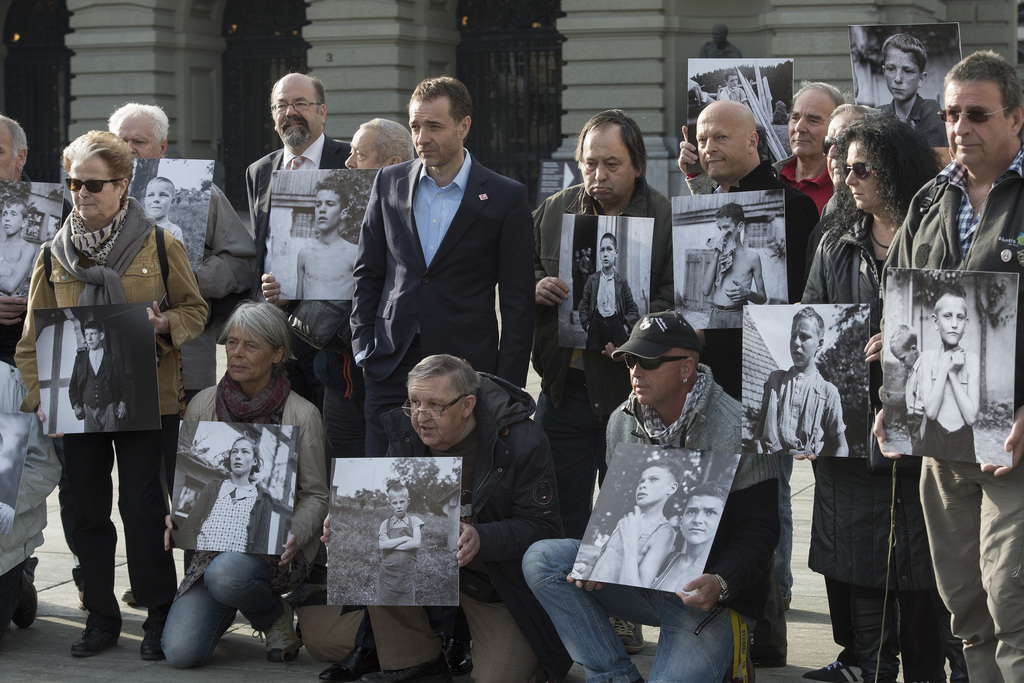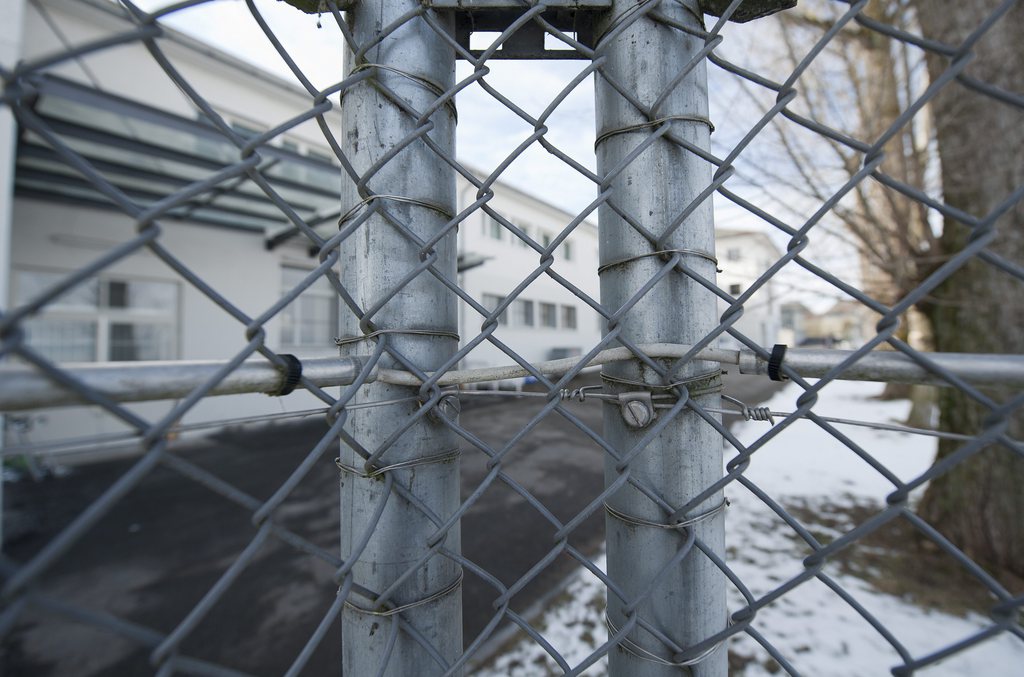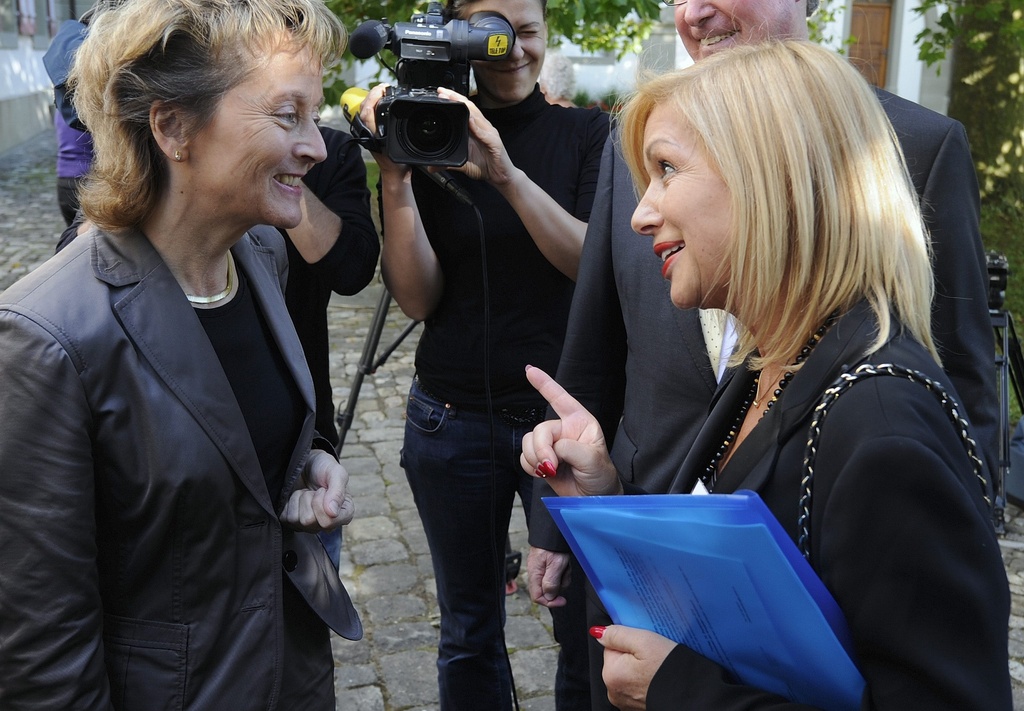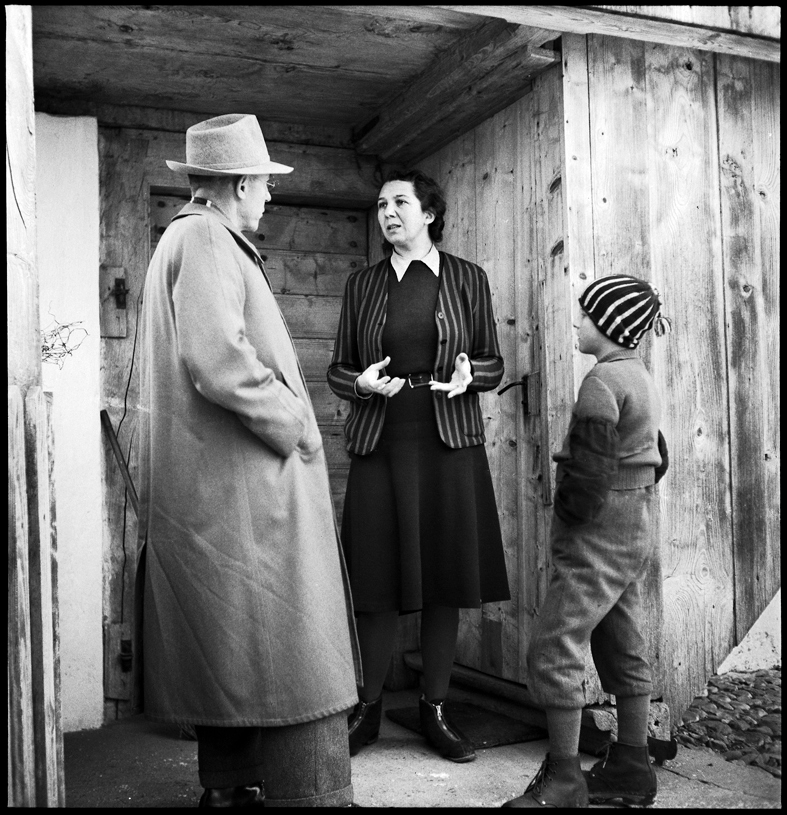Cabinet addresses child labour victims

Victims of Switzerland’s controversial foster care system should be compensated with up to CHF300 million ($322 million), the cabinet has proposed. A victims’ committee has welcomed the move but has no plans to pull a planned nationwide vote on the issue.
The amount would primarily be financed by the government. Cantons would not be forced to take part in the solidarity fund, but the cabinet said on Wednesday it expected an “appropriate contribution” from the cantons of around a third of the total sum.
It added that other groups and organisation could contribute, for example the church, the farmers association or the pharmaceutical industry.
In practices that lasted until the 1980s, tens of thousands of Swiss children and teenagers were taken away from their families, who for one reason or another were deemed by the authorities to be incapable of caring for them.
Effectively a cheap rural labour force, the children were sometimes beaten, malnourished or sexually abused. In addition, unmarried teenage mothers and dropouts could be detained without trial or interned in psychiatric hospitals. The authorities sometimes even decreed that the adults should be castrated or sterilised and forced to hand their children over for adoption.
In the early 2000s, survivors’ accounts began to re-appear in the media, triggering questions in parliament. For a long time, the churches, cantons, communes and government all blamed each other – some even playing down the mistreatment suffered by the children.
The situation began to change in 2010 when, following heavy lobbying, women who had been detained without trial in the Hindelbank prison outside the capital, Bern obtained an official apology from federal and cantonal authorities.
In April, 2013, Justice Minister Simonetta Sommaruga apologised on behalf of the government for the harm suffered by the so-called “discarded children”.
The injustices were also recognised in a law that came into force last August, whereby people wrongly placed in homes or foster families were granted access to their file.

More
Enduring pain of Switzerland’s mistreated children
Compromise
On Wednesday, the cabinet opened the consultation period on how to deal with the treatment of the discarded children.
Its suggestion was in effect a compromise proposal which it hoped would satisfy the organisers of an initiative which calls for more money and additional measures. The cabinet wants to avoid a nationwide vote on the issue.
In December 2014, the committee behind the initiative “Reparations for injustice done to children who were forcibly removed from their families” handed in the necessary signatures to force a nationwide vote.
The text calls on the federal government to create a CHF500 million fund for victims who were “seriously and directly affected by the measures”. It also demands the creation of an independent commission which will fix the compensation according to the “seriousness of the injustice”.
The cabinet said this route would mean it would take longer for victims – many of whom are old and in poor health – to see any money. It said its compromise would result in victims receiving compensation faster.
The amount is yet to be fixed, but the cabinet is looking at CHF20,000-CHF25,000 per victim, assuming up to 15,000 victims, although victims’ organisations say there are many more.
Positive reaction
The initiative committee reacted positively to the compromise proposal, saying the cabinet was keeping its word and was moving forwards. The solidarity fund was a central part of the initiative, it added.
“The cabinet’s proposal speeds up the process and guarantees that as many victims as possible will benefit from a comprehensive compensation,” said Guido Fluri, the initiative’s author.
Nevertheless, the committee said it had no plans at present to withdraw the initiative – it wants to wait for the consultation period and hear the parliamentary recommendation.
The initiative has so far received wide support, with the committee including representatives of all parliamentary factions apart from the conservative right Swiss People’s Party.

In compliance with the JTI standards
More: SWI swissinfo.ch certified by the Journalism Trust Initiative














You can find an overview of ongoing debates with our journalists here . Please join us!
If you want to start a conversation about a topic raised in this article or want to report factual errors, email us at english@swissinfo.ch.